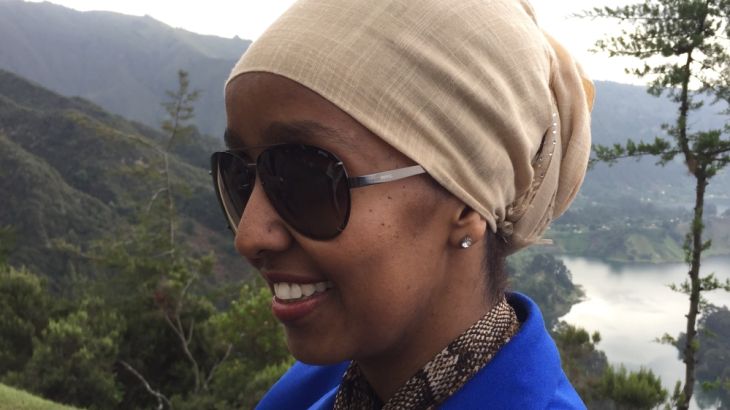
Lensa Mekonnen: Ethiopia’s Tourism Revival
A tourism official rethinks Ethiopia’s most beautiful attractions while working to protect the country’s rich history.
Filmmaker: Brian Tilley
“My Ethiopia is our long-lasting traditions and cultures. My Ethiopia is our family-centred lifestyle. My Ethiopia is our authenticity,” says Lensa Mekonnen, the CEO of state-owned Tourism Ethiopia.
Keep reading
list of 4 itemsPhotos: Tourist numbers up in post-war Afghanistan
Malaysia’s airport fee hikes leave bad taste in travellers’ mouths
Malaysia welcomes Chinese tourists back in droves after pandemic slump
Since coming to power in April 2018, Prime Minister Abiy Ahmed has appointed women to 50 percent of his cabinet posts and promised unprecedented political and socioeconomic reforms.
Lensa is finishing up her last few weeks on the job, and she is determined that tourism – which can boost the economy, champion local culture, and reinvent the country’s public image – will be part of that reform.
“We have always been known for the incidents of the past where we had an unfortunate famine where we lost millions. That has been stuck in people’s heads. And we have not done enough to change that,” she says.
Ethiopia‘s tourism sector supports 2.2 million jobs, and is vital to the East African nation’s development transformation. Lensa sees untapped potential in historic sites that are little known or have fallen into disrepair.
“There is so much history and so much culture that we have that we have not used,” says Lensa. “If we want tourists to come and visit, then we need to build our infrastructure … Development means that communities get the benefit out of it … that our youth actually have jobs … it means a real change in our economic game, so I want to see the resources developed.”
Tourism in Ethiopia grew by 48 percent in 2018, far surpassing the global average of 3.9 percent. But as Lensa strives for change, she still faces some pushback.
“My biggest challenge is the resistance to the transformation agenda. We are going through a transformation and there is a painful layer where the status quo, the comfort zone, is going to go away. So saying we are not doing business as usual, we are going to change.”
We follow Lensa as she meets officials, community leaders and tourist guides to discuss strategies to develop Ethiopia’s tourism industry, visits her family, and scavenger-hunts for sites that can be reinvested as tourist attractions. And all the while we see how Lensa’s obligation to her family, her culture, and her people gives her the energy to – day by day – try and build a brighter future for her country.